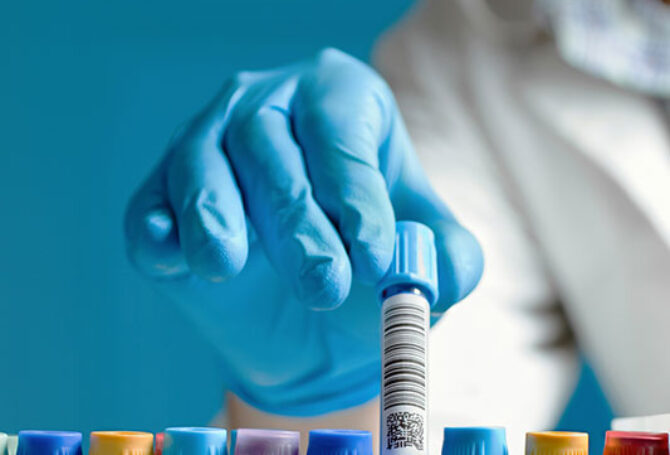The healthcare industry is a great career field to explore, and working as a phlebotomist is one of the most fulfilling roles within that landscape. Phlebotomists are medical professionals responsible for drawing blood from patients and collecting specimens for diagnostic testing. In order to land an entry-level job as a phlebotomist, there are several qualifications and requirements that must be met.
The following are the entry-level qualifications you need to become a phlebotomist:
High School Diploma or Equivalent
The first requirement to become a phlebotomist is a high school diploma or the equivalent. A GED certificate can also be accepted in most cases. The requirements may vary depending on the state, but the vast majority require that applicants have completed high school or its equivalent before they can enroll in training for phlebotomists.
Phlebotomy Training Program
The next requirement is to complete a phlebotomy training program. These programs are either certificate or diploma courses. Our phlebotomy certification program at Northwest Phlebotomy School is a tailored program that is 9 classroom hours. The program covers the theoretical and practical aspects of phlebotomy and provides hands-on training in blood collection, venipuncture, and other related procedures.
Certification Exam
After completing the phlebotomy training program, you’ll need to pass the certification exam to work as a phlebotomist. Most states require certification to practice in the field. The certification exam is offered by various organizations such as the National Healthcare Association (NHA), the National Registry of Allied Health Professionals (NRAHP), the American Medical Technologists (AMT), or the American Society of Clinical Pathologists (ASCP). There are well over 20 national certification providers that are recognized among states that require national certification. Do note, there are several states that do not accept national certification and do require state licensing such as California, Nevada, Louisiana and Washington state.
Good Communication Skills
Good communication skills are also important to become a phlebotomist. You must be able to explain procedures to patients and put them at ease. Your ability to communicate with patients will impact their experience and can affect the quality of the sample collected.
Conclusion
In conclusion, becoming a phlebotomist requires a high school diploma, phlebotomy training, certification, and good communication skills. The process may seem involved, but working as a phlebotomist can be a very rewarding career choice with excellent growth opportunities. A phlebotomist salary ranges from $30,000 to $50,000 a year, depending on experience and location.




